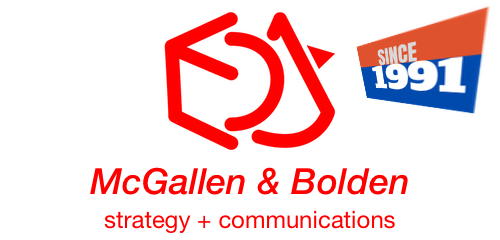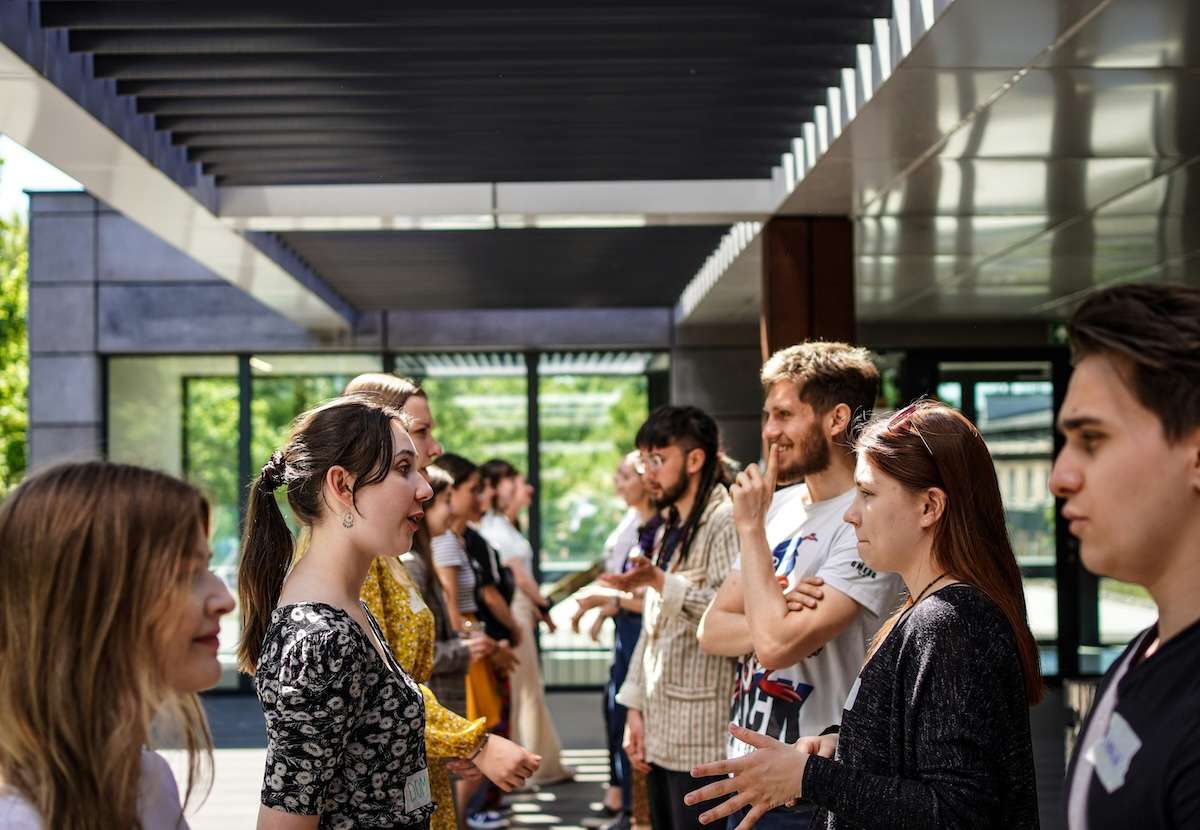If you are in the hospital, clinic, media equipment, or health supplements business, you know that the challenging economic climate can dampen your journey forward. And yet, there are many regulatory frameworks to confine how and what you can communicate with the public, whether in marketing, advertising, or public relations (PR). How, then, can you earn media mileage consistently while staying straight and narrow within these confines? Let us share our insights from decades of consulting for all these businesses.
We have served healthcare-related industries for decades, including hospitals, clinics, medical equipment businesses, health supplements businesses, etc. We have found some of these approaches work.
1. Neutral ground
The healthcare field is an ever-evolving field. New research always seem to supplant previous research, and what professional opinions presented as facts are quite often be replaced by newer and seemingly more accurate professional opinions. We need to understand that science is not concrete and definitive but ever-changing, and nothing should be seen as final and absolutely true. So as healthcare spokespersons, we need to ensure our clients not only stay within the regulatory guidelines for communication but also within the confines of current scientific opinions and state them as such. There should never be exaggeration of what can be done or achieved, but merely possibilities and statistical or historical results. Staying neutral and centered is an important fundamental approach to earning trust from both the media and the community.
2. Branded spokespersons
Doctors are subject-matter experts. And although not every doctor makes a good media spokesperson, most can be sufficiently ready to engage with media interviews with a good media training program, some pre-interview briefings and even mock interviews. On top of these multimedia interviews (for TV, radio, or online video), doctors can be engaged to be writers too. We PR practitioners can help steer the articles or commentaries and edit them to fit editorial guidelines. We found this approach very effective in building up healthcare brands through public communication.
3. Big and small data
Data, facts, and research will always be useful to the media in building up convincing interviews and stories. Serious healthcare businesses do have relevant data and facts, and these can be presented in anonymized ways and still be useful as aggregate data for the media. We have worked closely with clients to extract data and facts and help them strengthen their communication narratives, including the writing and distribution of case studies.
4. Proactive, rapid response
One of the best ways to earn media coverage is to be ready for media interviews whenever the media needs commentators or analysts. We have always stayed close to the pulse and trends of the industries we serve, and we are able to either proactively pitch emerging trends to the journalists before they become hit the news or be very quick in serving the reactive rapid response interview opportunities the journalists provide us and our clients. Time is always critical, and the more we are able to serve the needs of the journalists in these quick turnaround, rapid response stories, the more our clients become sought after in future interview opportunities.
5. Be seen in public
Healthcare industries, such as hospitals, clinics, and health supplements, are very much consumer-facing businesses. We have observed that clients with active community involvement tend to attract more organic and earned media mileage, as they have earned brand mindshare with the local communities. For example, businesses that have nonprofit involvement to benefit the communities or have on-ground activation or educational events tend to find more media opportunities coming forth.
All businesses have constraints and challenges, but communication can be a powerful way to build community trust and media mileage if done wisely and consistently. The healthcare industry is sophisticated and always evolving, and so keeping up quality and moderated communication to reach all stakeholders is the smart way to build your brands.
###

Dr Seamus Phan – Global C-suite Publicist & Strategist (Biochemist, Cybersecurity & Webdev pioneer, Author, Journalist) with 37 years of professional field experience.




